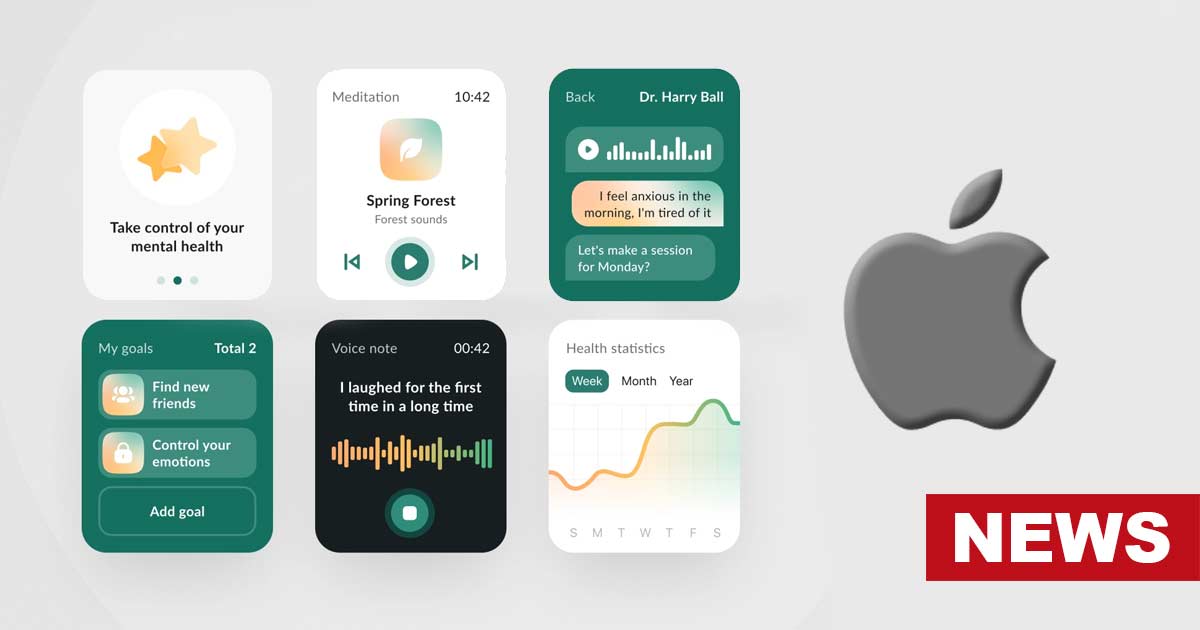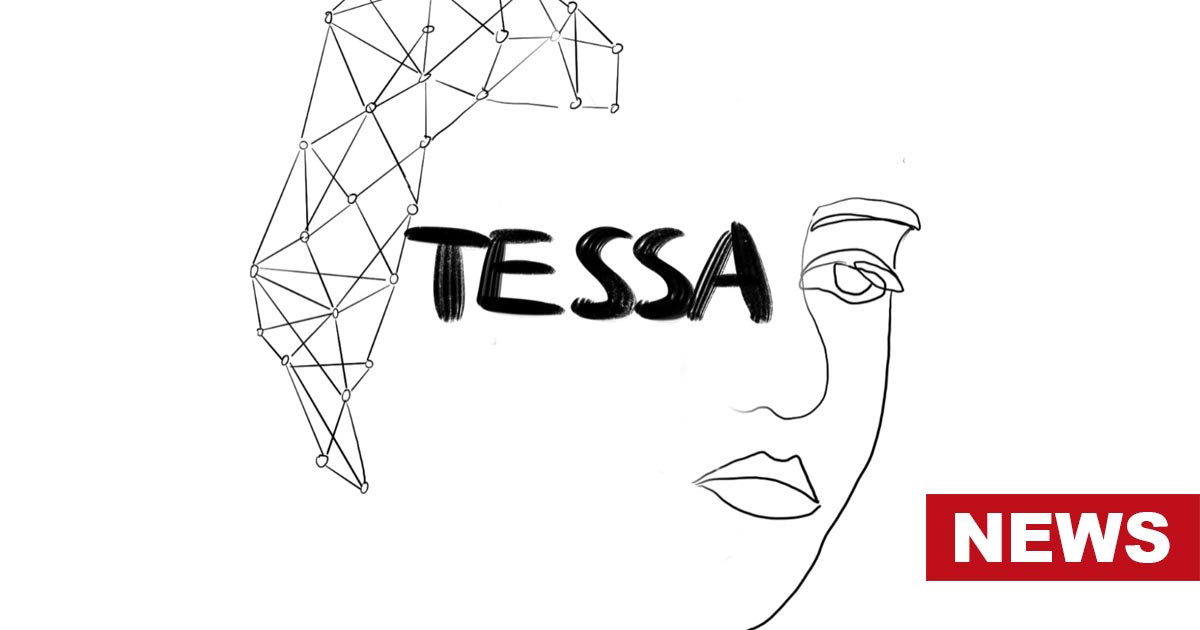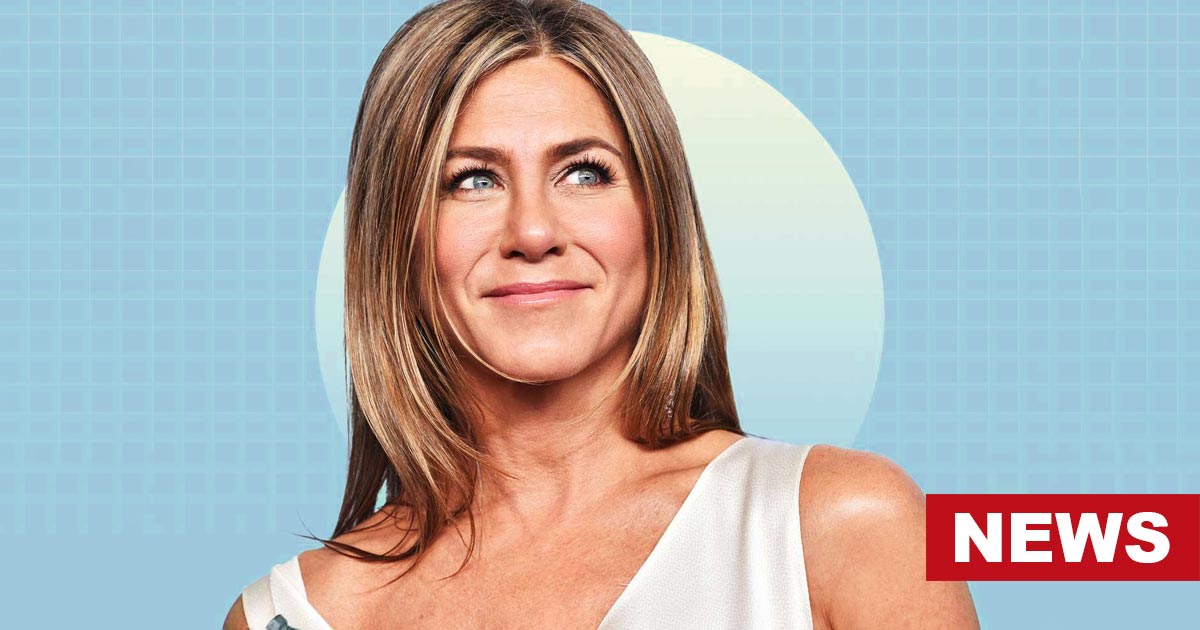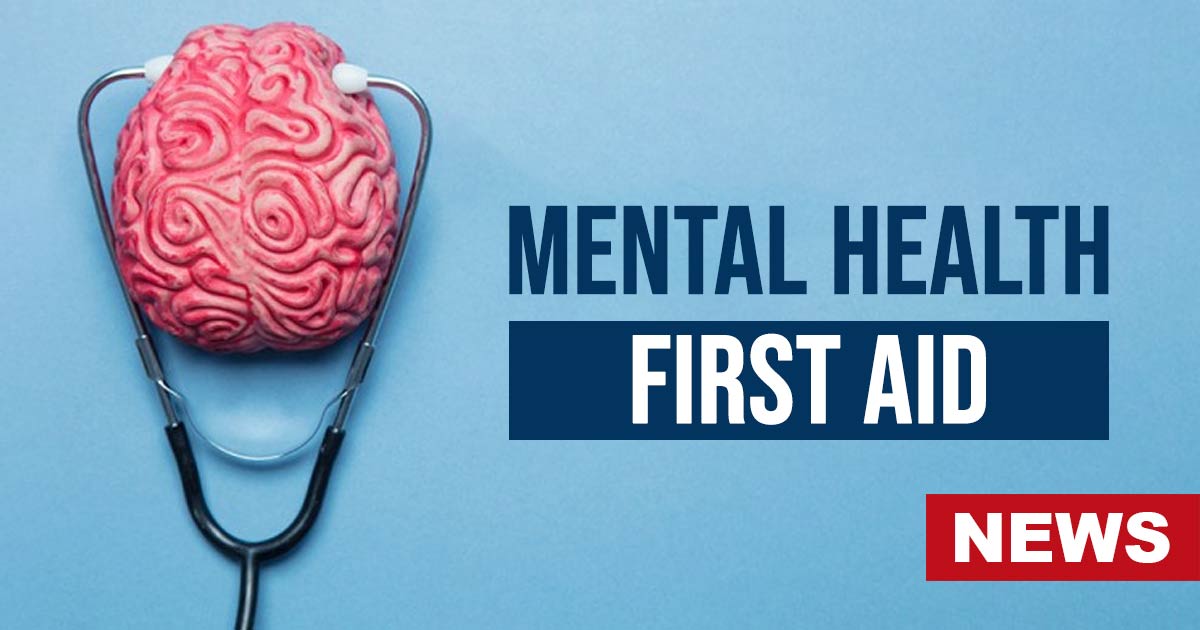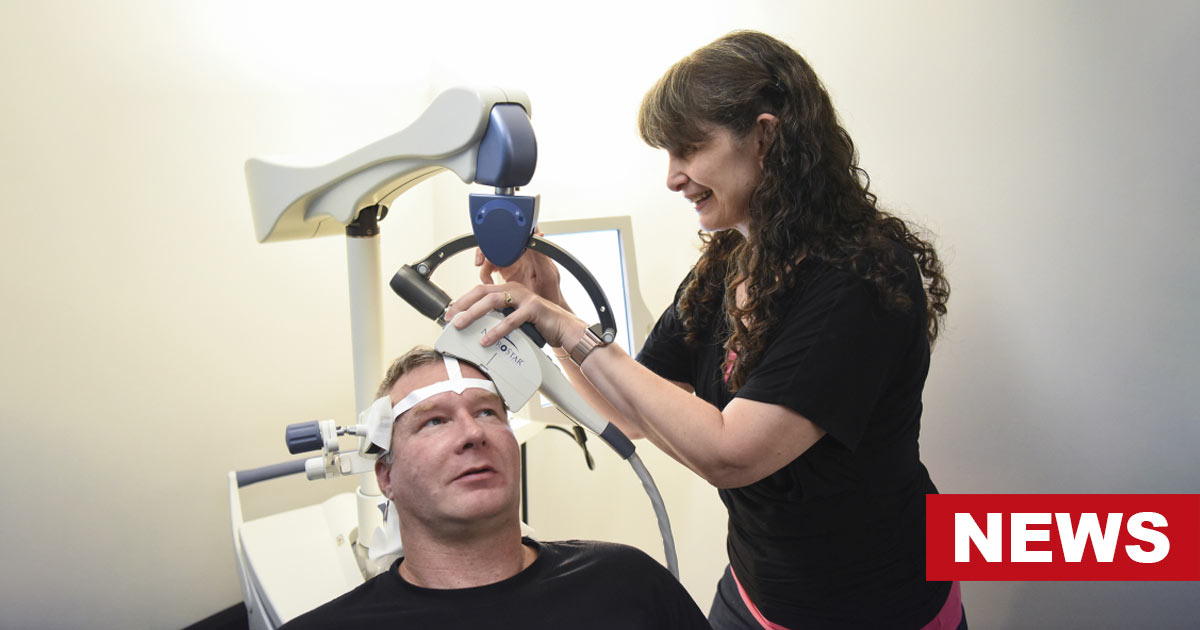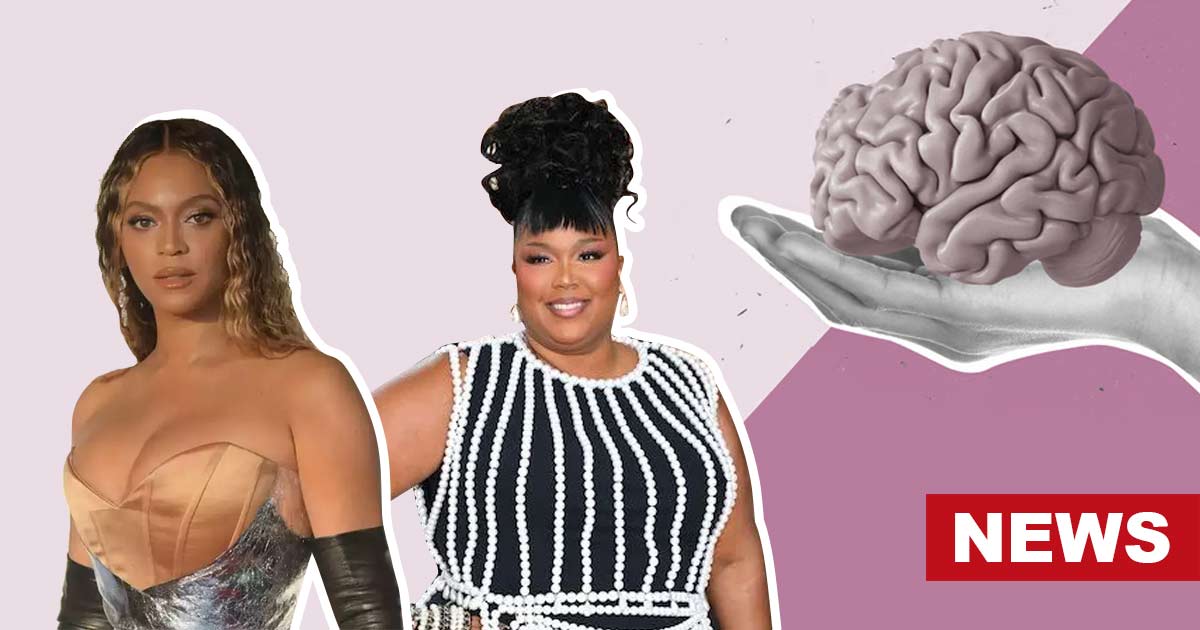A groundbreaking peer led navigation program is making waves in the field of mental health care, particularly among racially and ethnically minoritized veterans.
This innovative initiative is spearheading a shift in the way mental health services are delivered and received, focusing on empowerment, shared experiences, and culturally sensitive support.
With its remarkable success in improving mental health outcomes, the program offers valuable lessons for the broader healthcare community.
Racial and ethnic disparities in mental health care have long been a concern in the United States. Historically, minoritized populations, including veterans, have faced significant challenges in accessing and receiving adequate mental health support.
These disparities are multifaceted, influenced by factors such as stigma, cultural differences, and limited access to culturally competent care.
Recognizing the urgent need to bridge these gaps, mental health professionals and veterans themselves have collaborated to create a novel approach to mental health care that puts peer support at the forefront.
The Birth of a Peer Led Navigation Program
The peer led navigation program emerged as a response to the pressing disparities in mental health outcomes among racially and ethnically minoritized veterans.
Rooted in the belief that individuals with shared experiences can offer unique insights and support, this initiative pairs veterans who have overcome mental health challenges with those currently seeking assistance.
The program’s design acknowledges that traditional mental health services may not always resonate with minoritized veterans due to cultural differences and historical trauma.
Peer navigators, who are themselves veterans with similar backgrounds and experiences, offer a relatable and empathetic connection that fosters trust and engagement.
Key Elements of the Program
The success of the peer led navigation program can be attributed to several key elements:
- Cultural Competency: Peer navigators are carefully selected to reflect the racial and ethnic diversity of the veteran community they serve. This ensures that veterans are paired with navigators who understand their unique cultural and experiential perspectives.
- Shared Experiences: Peer navigators share their own mental health journeys, highlighting challenges, successes, and coping strategies. This openness creates a safe and non-judgmental space for veterans to discuss their own struggles.
- Tailored Support: The program recognizes that each veteran’s experience is unique. Peer navigators provide personalized support, helping veterans identify their specific needs and goals in their mental health journey.
- Community and Connection: In addition to one-on-one support, the program fosters a sense of community among veterans. Group activities, support networks, and social events help combat isolation and build connections.
Remarkable Outcomes
The peer led navigation program has garnered attention for its remarkable impact on mental health outcomes among racially and ethnically minoritized veterans. Preliminary data from the program reveal several notable achievements:
- Increased Engagement: Minoritized veterans are more likely to engage with the program, thanks to the relatability and trust established through peer support.
- Improved Mental Health: Participants in the program report improved mental health outcomes, including reduced symptoms of anxiety and depression.
- Reduced Stigma: Veterans involved in the program are more likely to seek help for mental health concerns, indicating a significant reduction in stigma.
- Empowerment: Participants express a sense of empowerment and control over their mental health journey, with many setting and achieving their own goals for recovery.
- Stronger Support Networks: The program contributes to the development of robust support networks among minoritized veterans, enhancing their overall well-being.
Additionally, the program serves as a beacon of hope and inspiration for the broader mental health care community.
It underscores the importance of culturally competent care, peer support, and empowerment in achieving positive mental health outcomes, not only for veterans but for all individuals facing mental health challenges.
In conclusion, the peer led navigation program represents a transformative approach to mental health care for racially and ethnically minoritized veterans.
By placing peer support, cultural competency, and empowerment at its core, this initiative has achieved remarkable improvements in mental health outcomes.
As it continues to evolve and expand, it serves as a shining example of how innovative approaches can address disparities and improve mental health care for all.


